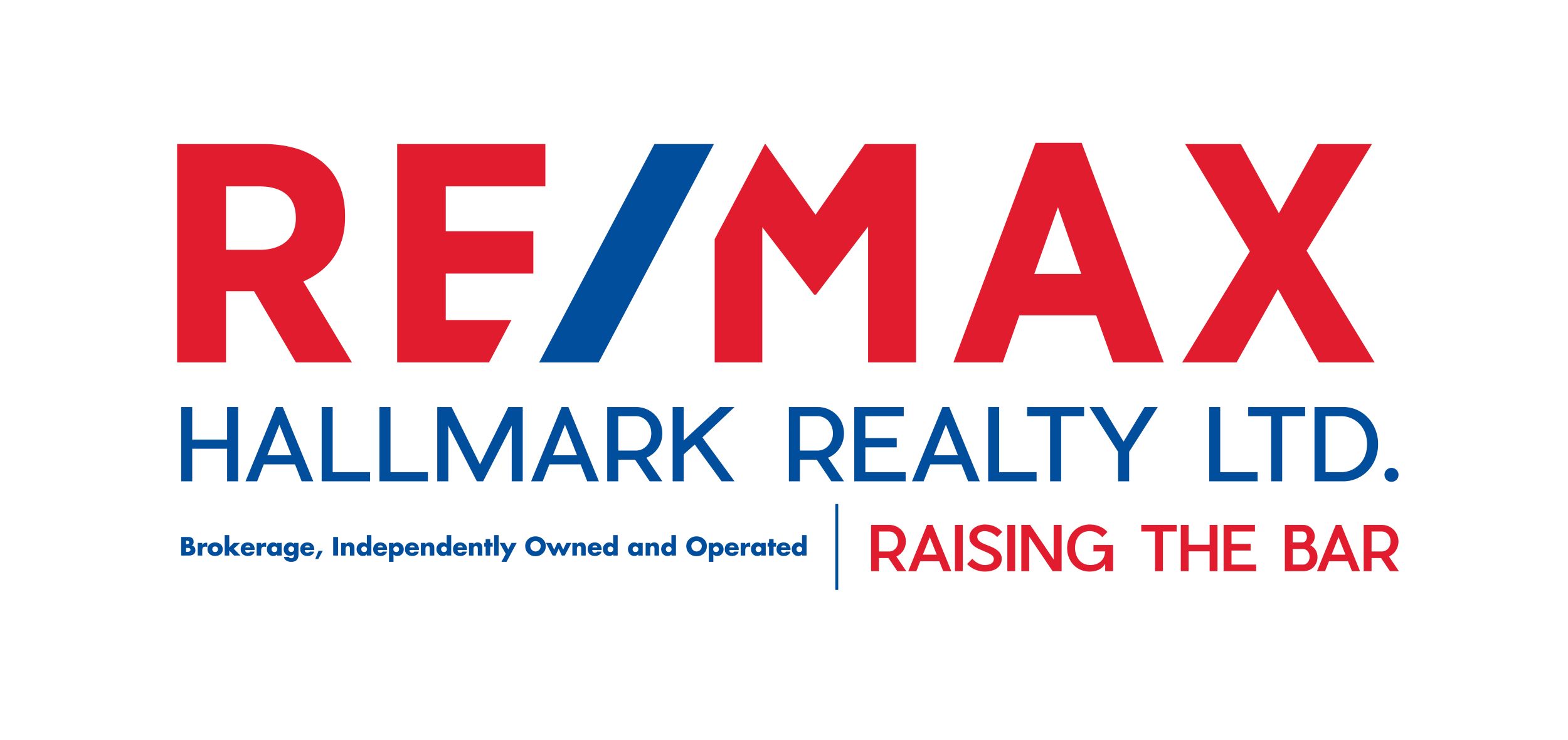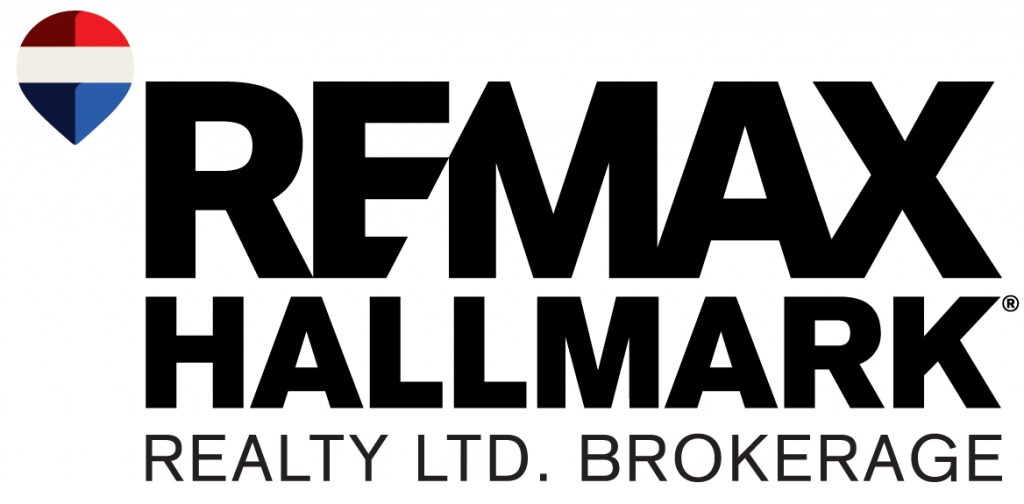There are pluses and minuses to factoring in the value of your home into your retirement plan.
Being house rich and cash poor is a reality for many who want to own a home, particularly in expensive markets like Toronto and Vancouver. Saving for retirement, to say nothing of college funds, is tough when your mortgage is eating up a large portion of your income. However, in these uncertain times, with stocks, investments and pension plans are plunging up and down depending on the whims and tweets of politicians, a lot of people are looking to the solid brick and mortar (or siding, as the case may be) of a home, to secure their futures. A survey by the Ontario Security’s Commission found: “…that nearly half (45 per cent) of pre-retired Ontario homeowners are relying on the value of their home increasing to fund their retirement.” (Source) And despite the high prices, it’s still the goal of many Millennials to own a home, so given that incomes aren’t exactly shooting through the roof, it’s bound to be a reality that homes become a part of the retirement plans of many.The positives of including your home in your retirement plan
- Property doesn’t experience the up and down volatility of other investments. It’s a solid, long term way to make sure that your money is working for you.
- Primary residences can be sold without incurring capital gains tax. So if you’ve paid off your mortgage on your $500,000 home, that’s a half a million dollars you can monetize down the road, for specialized care, downsizing or other retirement plans.
- A reverse mortgage is an option when you own your own home and are over 55, allowing you to retire in comfort, if your savings aren’t quite up to the mark. If you don’t want to go down that road, or don’t qualify, a home equity loan is also an option that you can leverage at less cost than a reverse mortgage.
The minuses of including your home in your retirement plan
- Outside of the GTA, it can be tougher to sell a home. They don’t move as quickly in smaller communities and appreciate less over time. So as always: location, location, location!
- The outstanding and unprecedented growth in values for home in places like Toronto will likely not be repeated. So while your parents might have bought a pre-war bungalow in midtown for $40K and sold it for over a million, that’s not likely to happen again. You can’t model current retirement planning on the success of the past.
- While you might think that you will be fine with downsizing or moving to a rental when the time comes to monetize the value of your home, many people find they don’t want to make that change, when it comes to it. “A whopping 93 per cent of Canadian seniors recently polled by Ipsos on behalf of HomEquity Bank (a provider of reverse mortgages) say they want to age in place.” (Source) The reality is that, particularly if you live in a high cost of housing area, you might find you have to move away from support, family and friends to get a real benefit from the funds. Right at a time of life where you might not want to do that!
The bottom line?
“Economists with the CMHC have even pointed out that, on average, Canadian residential property values have increased by more than five per cent each year on a 30-year moving average.” (Source) So even if it’s not your WHOLE plan for retirement, there is definite value in considering your home as part of the plan. Talk to a financial advisor and work with a realtor to find a house that fits your budget and can be a real boost to your future retirement.August 26, 2019

Riverdale Office
Phone: 416-462-1888
Fax: 416-462-3135
630 Danforth Avenue, Toronto,
ON M4K 1R3


